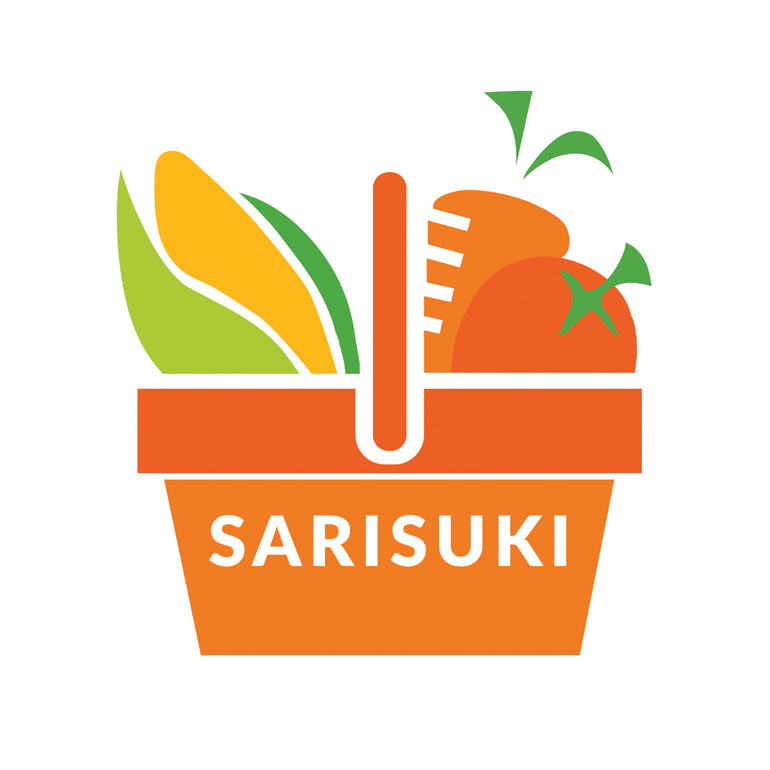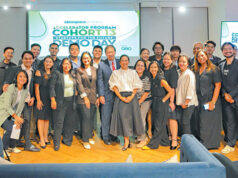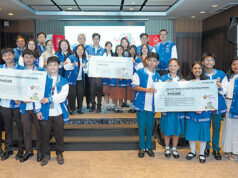
By Adrian Paul B. Conoza, Special Features Assistant Editor
During the strict lockdowns amid the coronavirus pandemic, existing and new sellers have maximized online channels such as social media platforms and mobile messaging apps to remain connected to customers.
Brian Cu, former co-founder and country head of Grab Philippines, observed this firsthand when his wife started selling food and fresh produce through the Viber messaging app. His wife receives orders form her Viber group, then purchases the orders from the supplier in bulk, and then distributes those items to customers as ordered.
Seeing the potential of this model popularly known as commmunity group buying for small entrepreneurs, Mr. Cu started a unique platform for buying and selling fresh produce and consumer goods within communities, called SariSuki.
Having started just on April last year, SariSuki aims to optimize the community group buying concept for microentrepreneurs and farmers who were hit hard during the pandemic.
“Taking the opportunity of tapping into your personal network of people and selling within your community and the problem of individuals who have lost their jobs [and] livelihoods, we have come up with SariSuki to provide them a means of living by giving them access to thousands of products that [they personally need, while also serving] their community with products of good quality and at good prices,” Mr. Cu told BusinessWorld.
More than providing a new means of living, Mr. Cu added, SariSuki wants to further support the agriculture sector by bringing farmer’s produce closer to consumers.
“Not only is the supply chain lacking in the country to support the movement of fresh produce; our farmers are also often treated as a marginalized sector. I wanted to make an impact there by giving them a market where they can sell their products to through community leaders,” SariSuki’s co-founder and chief executive officer shared.
Individuals who want to sell through SariSuki can sign up on their website (sarisuki.com) to become a community leader, or “Ka-Sari.” Once welcomed to the platform, the Ka-Sari is then given a special link to his or her own virtual sari-sari store, which he or she can share within neighbors or peers (or potential “Ka-Suki’s”) within a village or community. Once the orders come in, SariSuki handles the supply and deliver the items to the community leader. The customers either pick up the items from the community leader or have them delivered.
“Throughout this process, the community leader has not put out a single peso yet of capital, since we are the ones who fund for them up to a certain limit when they start off,” Mr. Cu stressed.
Even with barely a year of operations, SariSuki has now more than 3,000 community leaders on the platform, while more than 80,000 customers have been using the platform.
While achieving initial success, nonetheless SariSuki still sees the need to get deeper into the supply chain by working with farmers and providing them a market through the platform’s community leaders. By achieving these goals, Mr. Cu shared, SariSuki hopes to address issues the farming sector have been facing such as spoilage of unsold produce, rising logistics costs, improper shipping, and smuggling of vegetables.
Moreover, the startup is also aiming to further extend its reach in Mega Manila and enter Visayas and Mindanao markets, although Mr. Cu finds that such expansion requires efficient infrastructure, coupled with finding the right local farmers, butchers, and suppliers.
“To expand, we need infrastructure, our supply chain. And the first thing to do is to make sure the products are strategically located in areas that provide the best service. We want to shorten the distance between the end-user and the source,” Mr. Cu said.



